NEWS
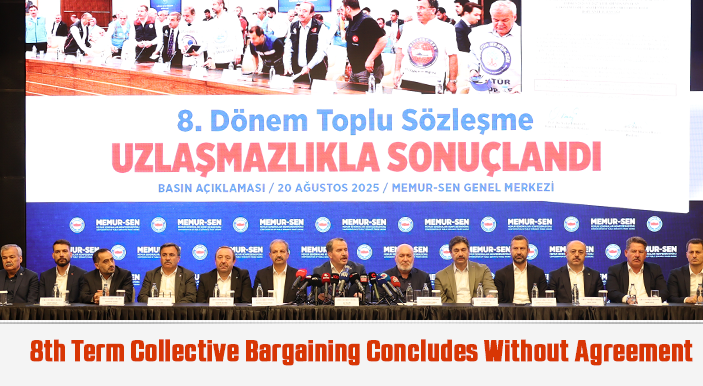
8th Term Collective Bargaining Concludes Without Agreement
22.08.25, Friday
Ali Yalçın, President of Memur-Sen, held a press briefing following the 8th Term Collective Bargaining process, which ended without an agreement. In his statement, Yalçın emphasized, “If anything can be done for nearly 7 million public employees and retirees, the initiative lies with the government. There are still three days left. The expectations of public employees must be met, and despair should be turned into hope.”
The press briefing, held at the Memur-Sen Headquarters, was attended not only by President Ali Yalçın but also by the presidents and executive boards of the unions affiliated with the confederation. Highlighting that the collective bargaining negotiations ended in disagreement due to the public employer’s reluctance to reach a compromise, Yalçın stated:
"As Memur-Sen, since July 24, when we presented our proposals, we have consistently emphasized that the Collective Bargaining Table is the place to resolve the accumulated issues of public employees, ensure justice and fairness, correct the distorted wage scales, and, in short, reach an agreement. However, the Public Employer Committee turned a deaf ear to the voice of employees and a blind eye to the grievances of retirees. Despite repeatedly highlighting the shortcomings of our union law, the shortness of the timeframe, and the multiplicity of pending issues, the figures announced as proposals lacked both justice and balance. We rejected and dismissed all proposals that neither addressed our problems nor solved them but further undermined the hopes of employees. No one can expect us to bear responsibility for problems we did not create. That is why we did not sign these proposals."
“A Joint Response to Insufficient Proposals with Three Confederations”
Continuing his speech, Yalçın noted that they pushed the limits allowed by Law No. 4688 and took multiple measures to defend public employees’ rights. He highlighted that press statements were held in all 81 provinces, that the 11 unions within the confederation staged actions at various points in Ankara, and that public attention was drawn to the issue through social media campaigns. Moreover, nationwide work stoppages culminated in a rally in Ankara attended by thousands of public employees and retirees, followed by a march to the Ministry of Treasury and Finance to once again voice their demands.
Yalçın emphasized that this period marked an advancement in union struggle. Unlike previous collective bargaining processes, where efforts for social dialogue among confederations present at the table were often provoked, he stated:
"Before the process even began, as the presidents of the three confederations at the table, we convened together. Throughout the process, we maintained communication, held joint meetings with the Minister, and issued joint reactions to insufficient proposals. Even if on separate platforms, we raised the same objection. I would like to thank Mr. Önder Kahveci and Mr. Orhan Yıldırım here. We wish an agreement had been reached so that today we could also thank the Minister of Finance and the Head of the Committee."
.jpg) Yalçın: The 8th Term Collective Bargaining Could Have Been the Most Comprehensive
Yalçın: The 8th Term Collective Bargaining Could Have Been the Most Comprehensive
Reflecting on the process that began in good faith on July 28, Yalçın stated that despite their efforts, no agreement could be reached on the general proposals after 28 days. He noted:
"In the sectoral negotiations, the efforts of the unions bore fruit, and all unions signed collective agreements. While consensus could not be reached on core issues such as proportional raises, base salary increases, welfare payments, rent allowance, holiday bonuses, and spouse/child allowances, our struggle led to agreements on various other matters—from engineers to academics, branch managers to supervisors, lawyers to specialists, including additional payments and compensations. As a novelty, we also reached agreements on provisions for auxiliary services and general administrative services, which were recorded in the minutes of our meeting with the Minister. Had a fair proposal accompanied the matters recorded in these minutes, the 8th Term Collective Bargaining could have entered Turkey’s labor history as the most comprehensive agreement, ensuring fairness in income, balance in wages, and workplace peace in the public sector. We have shared the minutes of the sessions that ended in general disagreement with the public."
.jpg) “Law No. 4688 Has Reached Its Limit”
“Law No. 4688 Has Reached Its Limit”
Yalçın stressed that the current public wage regime has reverted to “Old Turkey,” noting that disparities between employees performing the same work under different statuses have shifted to the detriment of employees. He said:
"Accepting, tolerating, or legitimizing this would mean denying ourselves, disrespecting our union work and effort, and betraying public employees. We have never done this, and we never will. We have presented the distorted picture plainly and loudly to everyone. The truth is out; no one can ignore it anymore. This situation has disrupted workplace peace and undermined labor harmony. While retirees face hunger and employees fall below the poverty line, the duty of unions is not to echo the Ministry’s justifications but to voice the reality of public employees. Unions do not speak the government’s truths; unions speak the truths to the government. We have consistently spoken the truth in all forums and will continue to do so. Once again, I emphasize: Law No. 4688 has reached its limit. This law has exhausted its term, is no longer a solution, and has become a source of problems. We reached consensus on four matters in the 8th collective bargaining, and failed to reach consensus on another four. This problematic law must be amended without delay."
Yalçın: No Faith in the Arbitration Board
Concluding his remarks, Yalçın reminded that Memur-Sen faces the Arbitration Board process but underscored that neither the union nor public employees place confidence in the Board:
"Past arbitrators have acted unfairly, issued unjust decisions, and lacked independence, effectively turning the Public Employees’ Arbitration Board into an instrument of the Public Employer. No further steps remain for us; if anything can be done for nearly 7 million public employees and retirees, the initiative lies with the government. There are still three days left. Public employees’ expectations must be met, and despair turned into hope. We neither consent to nor tolerate the current situation. Our struggle and our objections will continue."




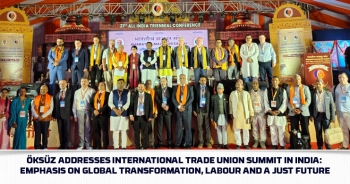
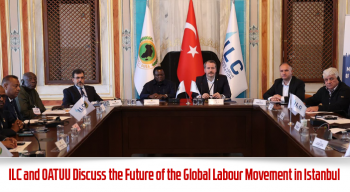
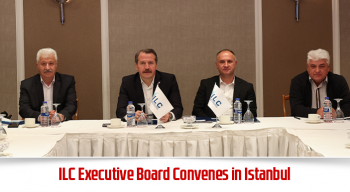
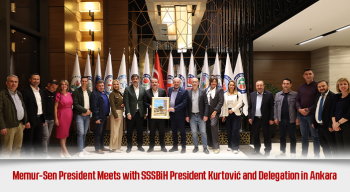
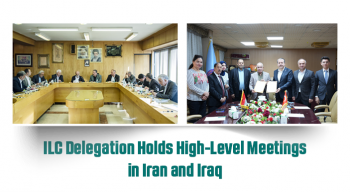


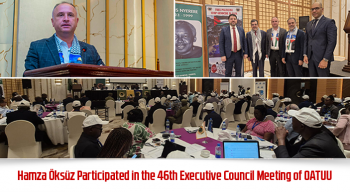
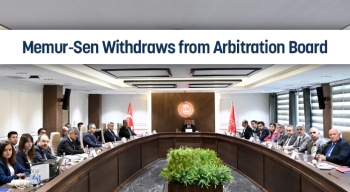

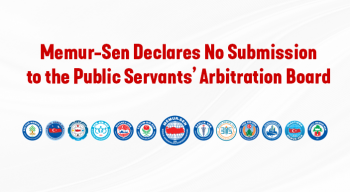
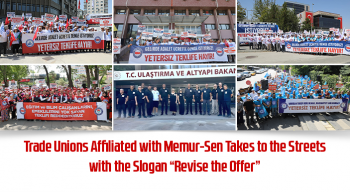



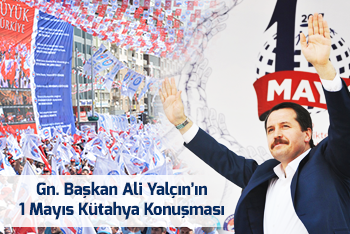




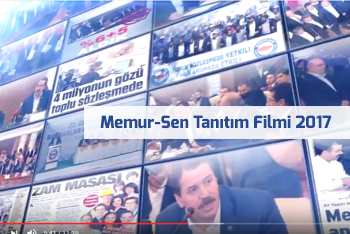
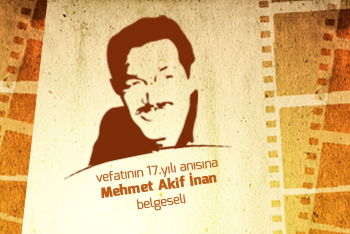










 CONFEDERATION OF PUBLIC SERVANTS TRADE UNIONS
CONFEDERATION OF PUBLIC SERVANTS TRADE UNIONS